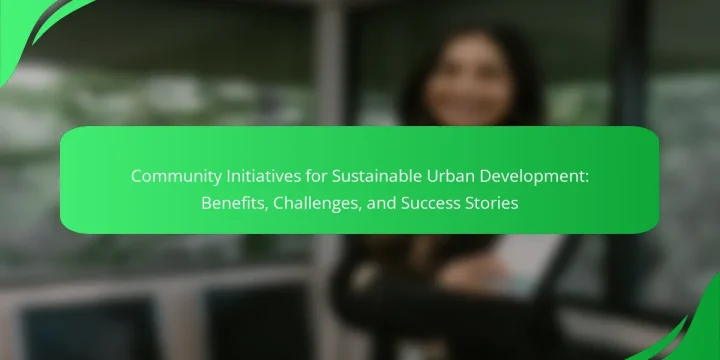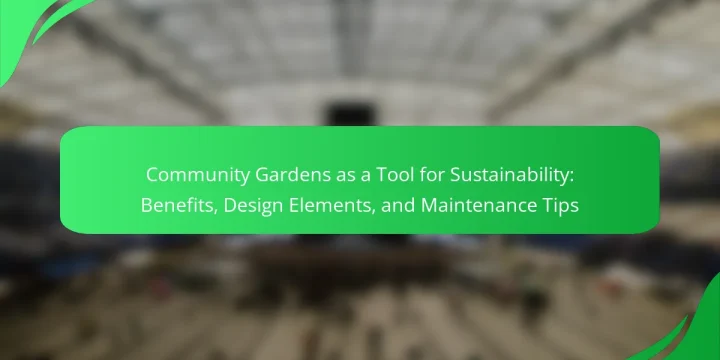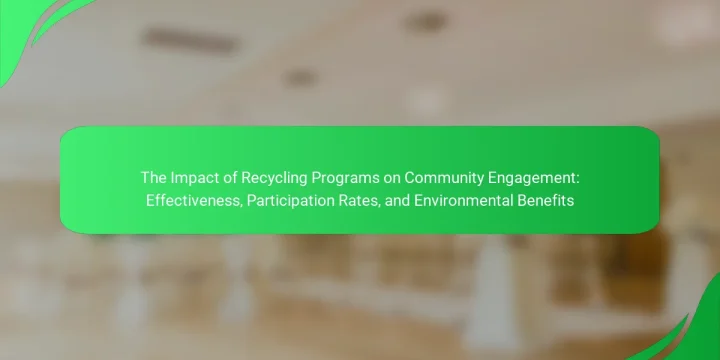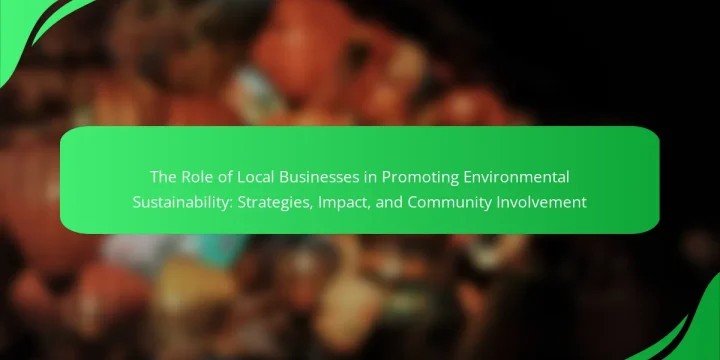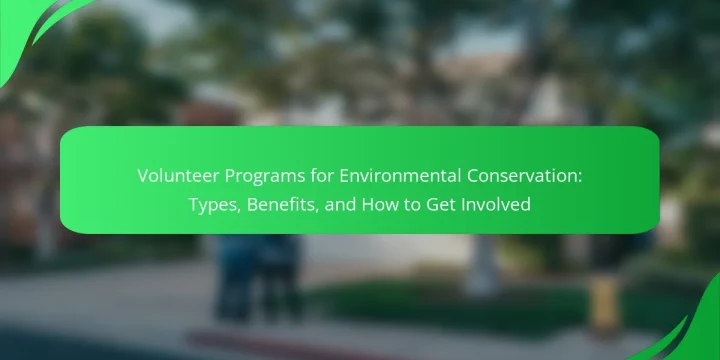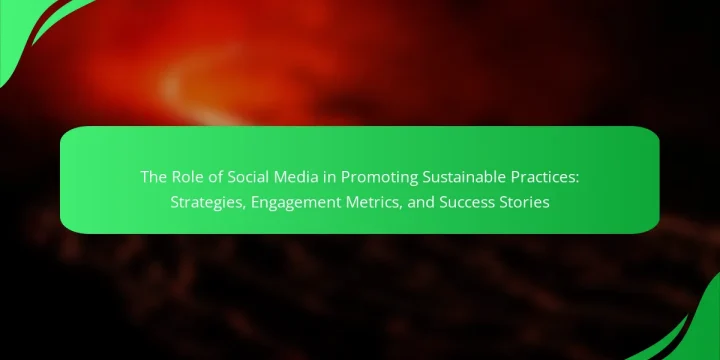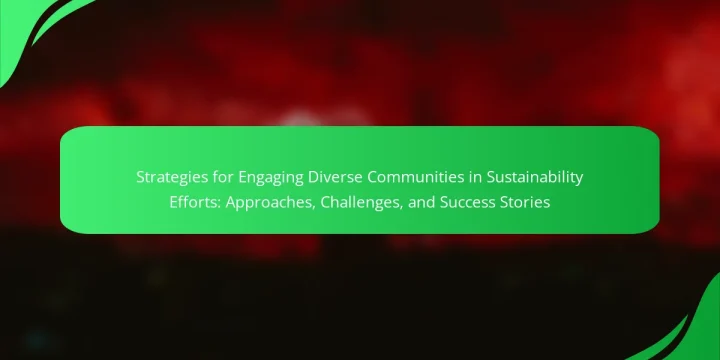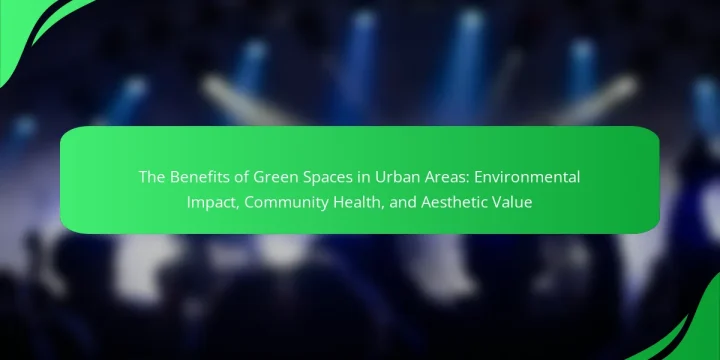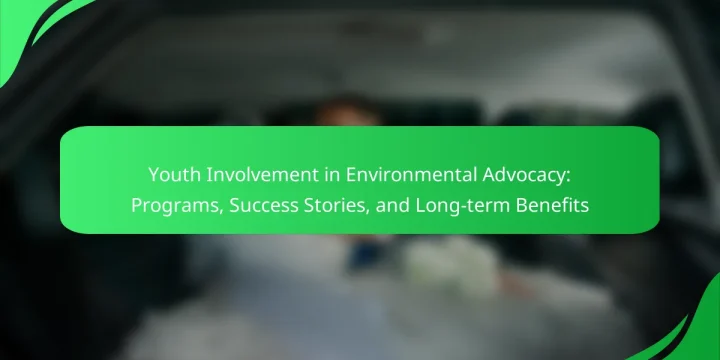
Youth involvement in environmental advocacy encompasses the active participation of young individuals in promoting environmental protection and sustainability through various initiatives. This article explores significant youth-led movements, such as Fridays for Future and the Sunrise Movement, which have successfully raised awareness and influenced climate policy. It highlights the long-term benefits of youth engagement, including the development of critical thinking, leadership skills, and a lifelong commitment to environmental stewardship. Additionally, it emphasizes the impact of youth advocacy on shaping future environmental policies and fostering community sustainability efforts. What is Youth Involvement in Environmental Advocacy? Youth involvement in environmental advocacy refers to the active participation of young individuals in promoting environmental protection and sustainability. This engagement often includes activities such as organizing campaigns, participating in community clean-ups, and advocating for policy changes.…
